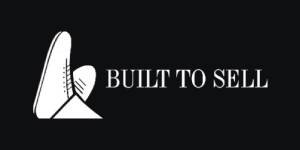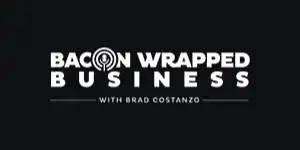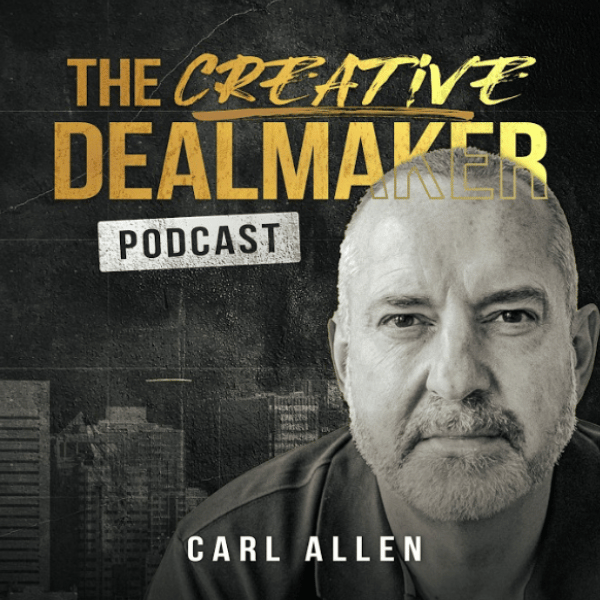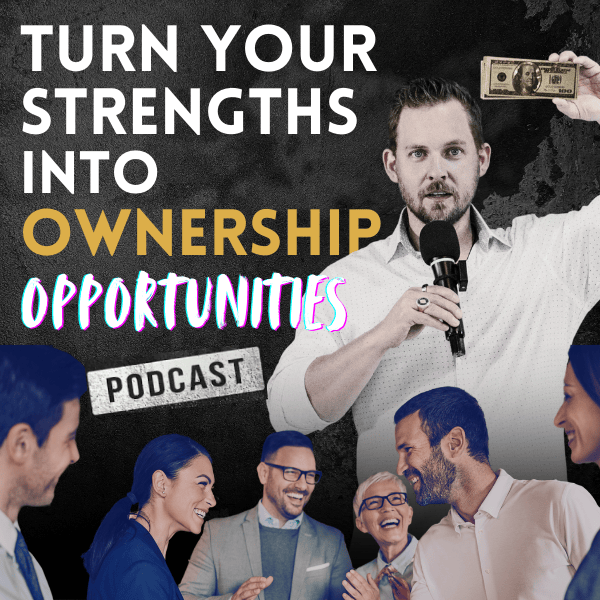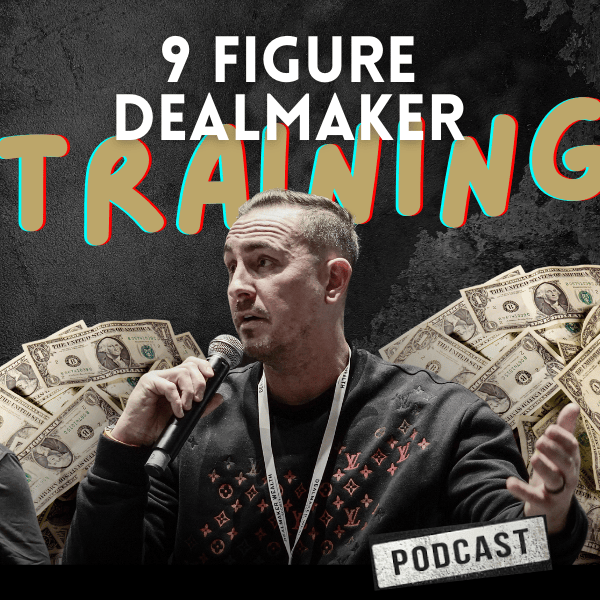
I am a man of many passions…
Besides buying businesses, one of my favorite things to do is invest in real estate.
Not just any old real estate… income-generating rental properties in some of the world’s most stunning destinations.
Right now I own four properties – one in Cabo, one in Tulum and two in Panama.
And I know EXACTLY what I’m going to do with each of them.
A couple I’ll keep for a combination of renting and personal use. The others I’ll sell for profit so I can reinvest my earnings elsewhere.
Just like when you buy a piece of real estate, there are a couple critical questions you have to answer before you close a deal on a small business.
Perhaps the most important question after What kind of business do you want to buy? is… What are you going to do with the business after you buy it?
Basically, you have to have an exit strategy.
Know what your plan is going in.
Certain types of businesses are your cash cows. Like long-term rentals are to real estate… these are businesses in the $3—8 million revenue range that will throw off steady, reliable cash flow with consistent margins and keep putting money in your pocket year after year.
Don’t expect these businesses to grow – no matter how much work you put into them. That’s not the point.
The point is to set up continual income streams from owning cash-positive businesses – similar to owning rental properties.
With other types of businesses, you might go in with a growth plan to expand the footprint from, say, a $5 million business to a $20 million business.
Whatever your intention is to grow the company – whether you roll up a bunch of similar businesses or do a bolt-on – the goal is for you to exit at a MUCH higher multiple than you paid for the individual parts.
The bottom line is you have to know how you plan to exit every single company BEFORE you buy.
Knowing your exit strategy going in will help you…
- Structure the perfect deal to maximize the growth potential of the business or to maintain its cash flows…
- Determine what you’re looking for in a general manager – and how much time you need to spend on the business each week – to keep the daily operations running smoothly…
- Position your company to be attractive – to clients, suppliers and future buyers.
Here’s an example: I’m working on a deal to buy a concrete company.
My plan is to bolt on a few more concrete and groundworks companies and sell the whole lot to a massive private equity firm or trade buyer for somewhere in the neighborhood of $50 million.
Of course, there are SO MANY steps between where I am and my objective. But I know where I’m aiming… and that will help guide my decisions along the way.
Now let’s say something unexpected happens – like a global pandemic. How does that change your exit strategy?
Ideally, it shouldn’t.
Because if you buy good businesses with good fundamentals – the rest doesn’t matter. You should be able to pivot or double down on what’s working to continue the success of the business through a time of change.
So – as you’re originating deals… vetting the businesses… and meeting with sellers… remember to have an exit strategy in mind.
Not a vague idea… you need a specific plan for every single business you buy.
Before anything else, preparation is the key to success.
You’re only one deal away,
Adam Markley
Co-founder and publisher, Dealmaker Wealth Society
